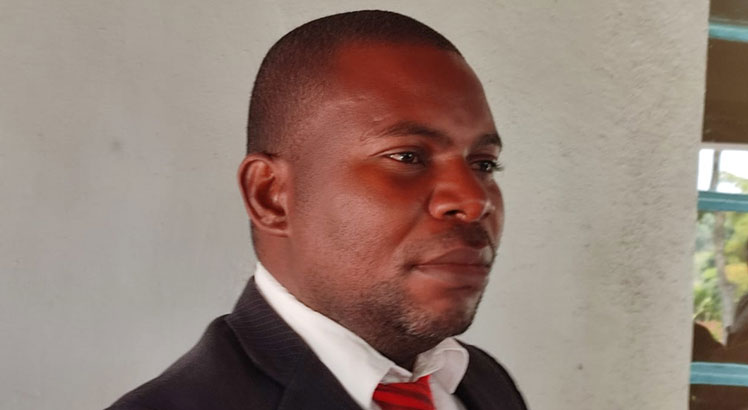‘Stop bullying, querying ACB’s mandate’
A coalition of some civil society leaders has asked Malawians to stop bullying the Anti-Corruption Bureau (ACB) but instead empower and encourage the officers to work diligently and efficiently.
Chairperson of the coalition Caesar Kondowe, who is also a political analyst, said the past two years have been full of controversies where both government and the opposition have queried how ACB discharges its duties.
Kondowe was speaking during a press briefing in Blantyre where they commented on issues affecting operations of the bureau in particular the clearance of State Residences Chief of Staff Prince Kapondamgaga.
He said: “ACB is an independent legal body, as such, we need to have faith and belief in it as one way of empowering the officers other than bullying and complaining about everything they do as if they are in complete contrast with their mandate.”

On his part, a member of the coalition Caleb Ng’ombo said people should also stop pointing fingers at ACB for clearing Kapondamgaga in the corruption case where he was alleged to have received bribes from United Kingdom-based businessperson Zuneth Sattar.
Kapondamgaga was suspended on July 21 2022 following an ACB report that implicated him in alleged corrupt dealings with Sattar, who is accused of allegedly bribing government officials to influence the award of public contracts to his firms.
However, after exactly a year later, the ACB announced it would not lay any criminal charges against him before President Lazarus Chakwera reinstated him as Chief of Staff.
The move by ACB sparked a public debate with several stakeholders accusing the graft-busting body of applying selective justice when handling corruption matters.
But Ng’ombo said they agree with the Public Affairs Committee (PAC) and other legal experts who commended Chakwera for reinstating his suspended Chief of Staff.
“We believe ACB acted normally and fairly following Kapondamgaga’s voluntarily statement [to the bureau] and the restitution agreement he signed with it… That was fair as it is provided for in the Corrupt Practices Act,” said Ng’ombo, executive director of People Serving Girls at Risk.






One Comment